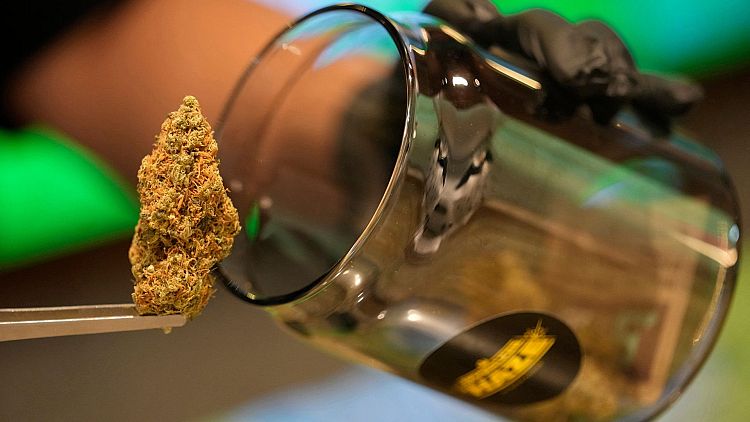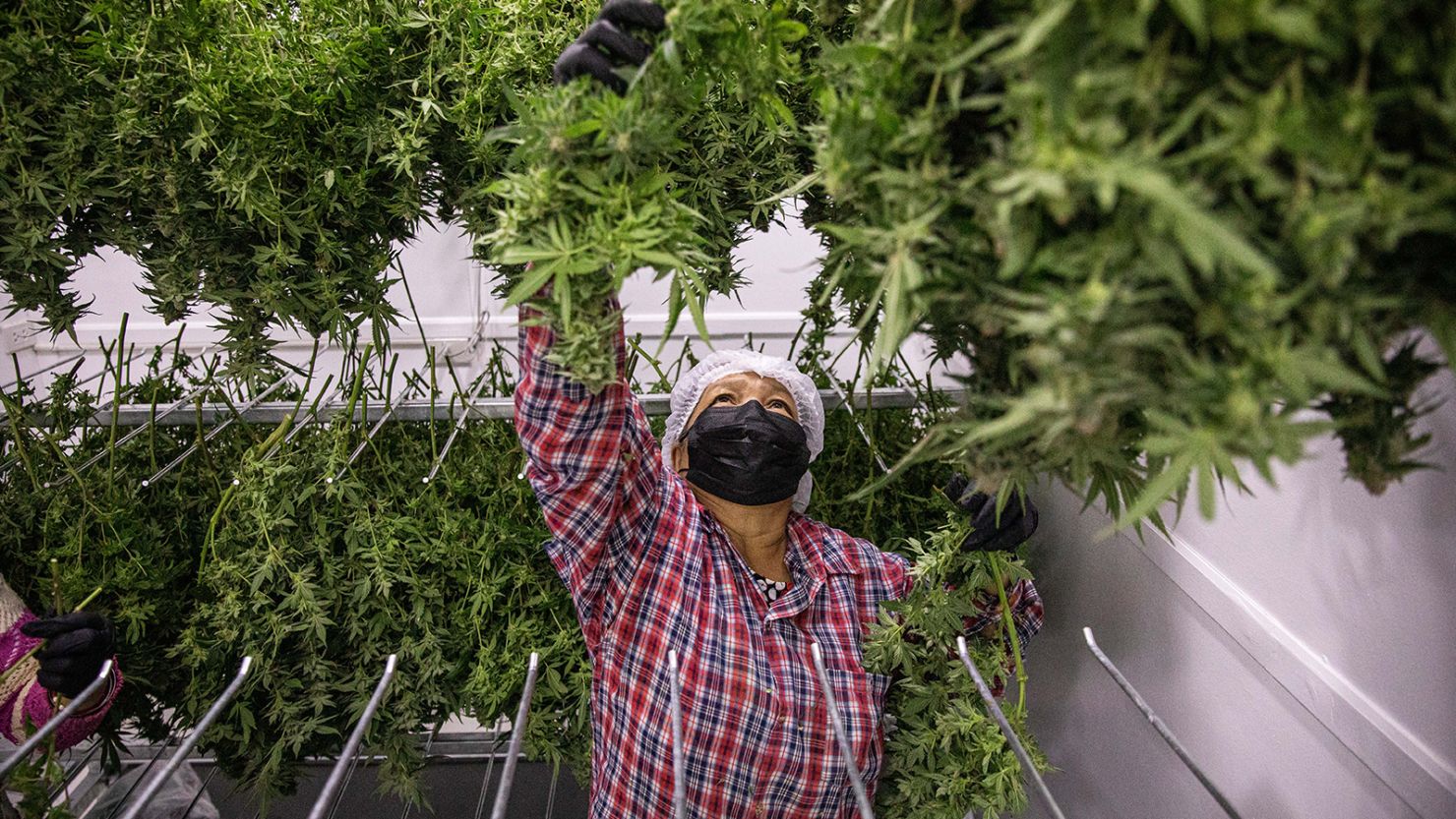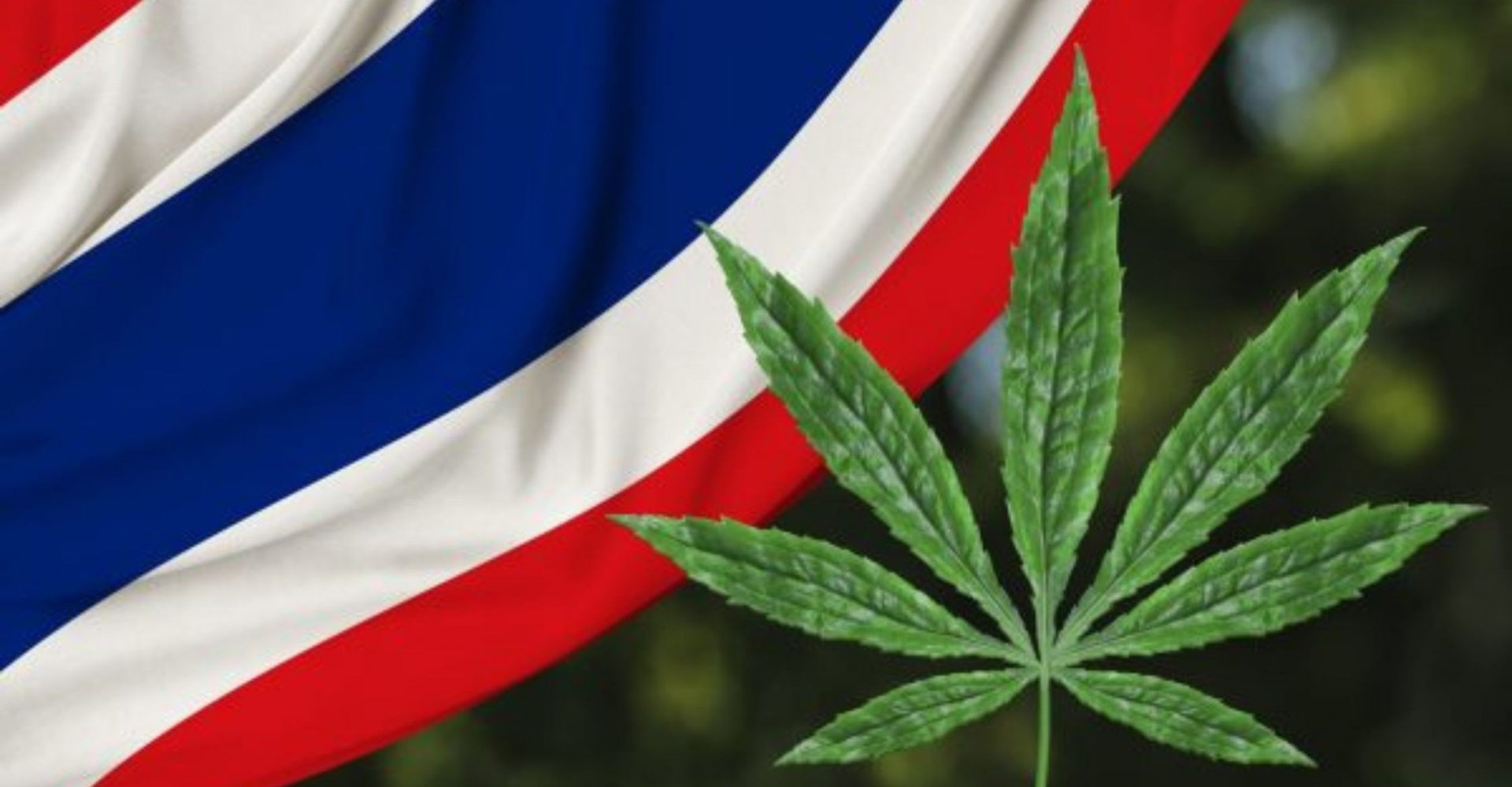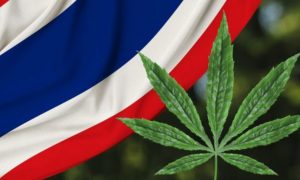The move appears to be largely driven by PM Srettha Thavisin, who has been an outspoken critic of the 2022 legalisation of cannabis in Thailand.
In a stunning policy reversal, Thailand’s Prime Minister Srettha Thavisin recently announced plans to reclassify cannabis as a narcotic by the end of 2024, just two years after the country decriminalised its recreational use. This move follows rapid expansion in Thailand’s cannabis industry, which has seen a huge growth of cannabis-related businesses since the 2022 decriminalisation.
Cannabis was initially decriminalised for medical purposes in 2018 and later for recreational use in 2022 under the previous government. The policy shift was hailed as a groundbreaking move in Southeast Asia, positioning Thailand as a pioneer in the region. However, Prime Minister Srettha, who took office in 2023, has consistently voiced his opposition to recreational cannabis use, citing concerns over public health and safety, though without providing specific data to buoy these concerns.

“I want the health ministry to amend the rules and re-list cannabis as a narcotic,” Srettha announced on X (formerly Twitter). “The ministry should quickly issue a rule to allow its usage for health and medical purposes only.”
Following the general election in May last year, Thailand has been under new leadership since September 2023. The conservative coalition government headed by the Pheu Thai Party is, along with the Prime Minister, behind the calls for a crackdown on cannabis, which some say has been poorly regulated since its legalisation.
The Pheu Thai Party campaigned on banning the recreational use of marijuana, insisting it poses health risks and could cause addiction and other substance abuse issues among young people.
ECONOMIC IMPLICATIONS
The rapid growth of Thailand’s cannabis industry has been notable. Tens of thousands of shops and businesses have sprung up, with the industry projected to be worth up to US$1.2 billion by 2025. The sudden policy reversal has left many business owners and investors concerned about the future.
Prasitchai Nunual, secretary general of Thailand’s Cannabis Future Network, expressed his views that re-criminalising cannabis would be a bad move for the economy, dealing a harsh blow to small businesses and consumers alike.
“Many people have been growing cannabis and opening cannabis shops. These will have to close down,” he noted, adding, “If scientific results show that cannabis is worse than alcohol and cigarettes, then they can re-list it as a narcotic. If cannabis is less harmful, they should list cigarettes and alcohol as narcotics, too.”

STILL SOME AMBIGUITY
Prime Minister Srettha’s decision comes after a meeting with narcotics suppression agencies, where he emphasized the need to tackle drug abuse and strengthen enforcement. He directed authorities to show “clear progress” in combating illicit drugs within 90 days.
“Drugs destroy the future of the country, and many young people are addicted. We have to work fast, to confiscate assets [of drug dealers] and expand treatment,” Srettha stated. He also proposed redefining drug possession laws to enforce stricter measures, suggesting that possession of even one pill should be considered significant enough for legal action.
The exact timeline and procedural steps for re-listing cannabis as a narcotic remain unclear. The government has stated that it aims to push out new cannabis legislation by year-end, focusing solely on medical and health-related uses. The move has sparked a debate about the future of cannabis regulation in Thailand and the potential impact on its burgeoning cannabis market.
On May 16, protests were staged outside the Healthy Ministry to oppose the government’s move to relist cannabis as a narcotic.

MOVING FORWARD
As Thailand deals with this significant policy shift, stakeholders from various sectors continue to voice their opinions. The decision to recriminalise cannabis not only affects the economy, but also raises questions about public health policy and regulatory clarity.
While Prime Minister Srettha’s administration aims to address drug abuse issues and tighten enforcement, the abrupt policy reversal on cannabis poses challenges for businesses and consumers alike. The coming months will be crucial as the government works to implement its new stance on cannabis, balancing public health concerns with economic and social realities.
"ExpatGo welcomes and encourages comments, input, and divergent opinions. However, we kindly request that you use suitable language in your comments, and refrain from any sort of personal attack, hate speech, or disparaging rhetoric. Comments not in line with this are subject to removal from the site. "


















